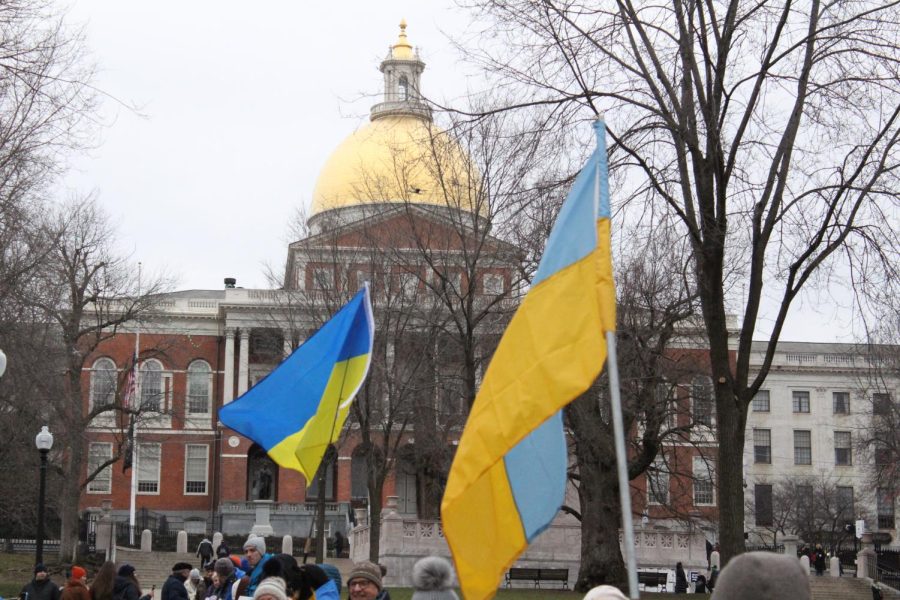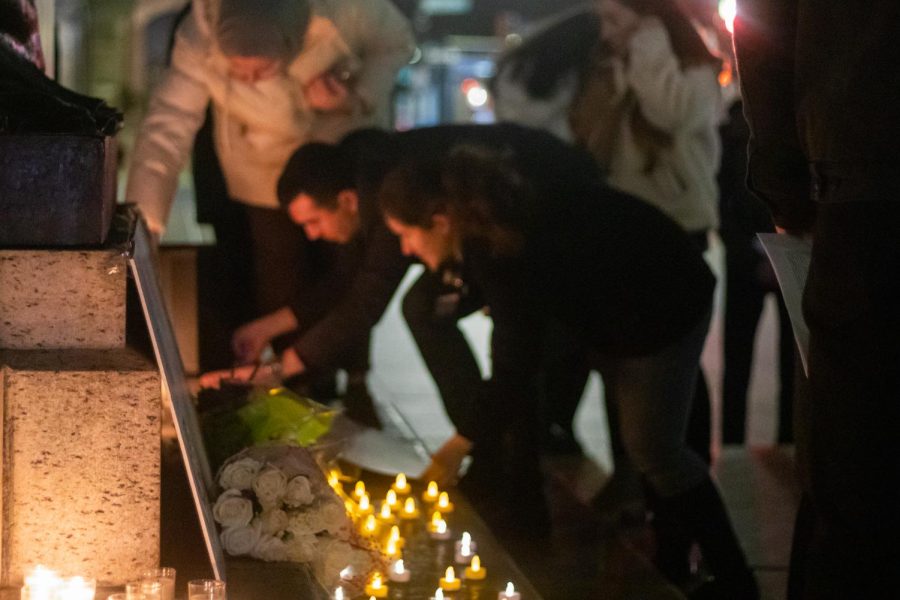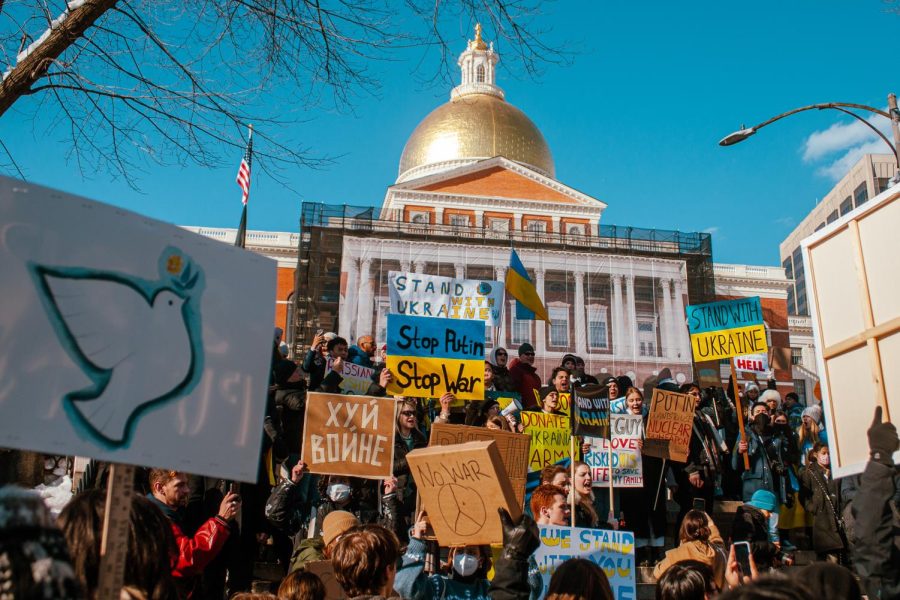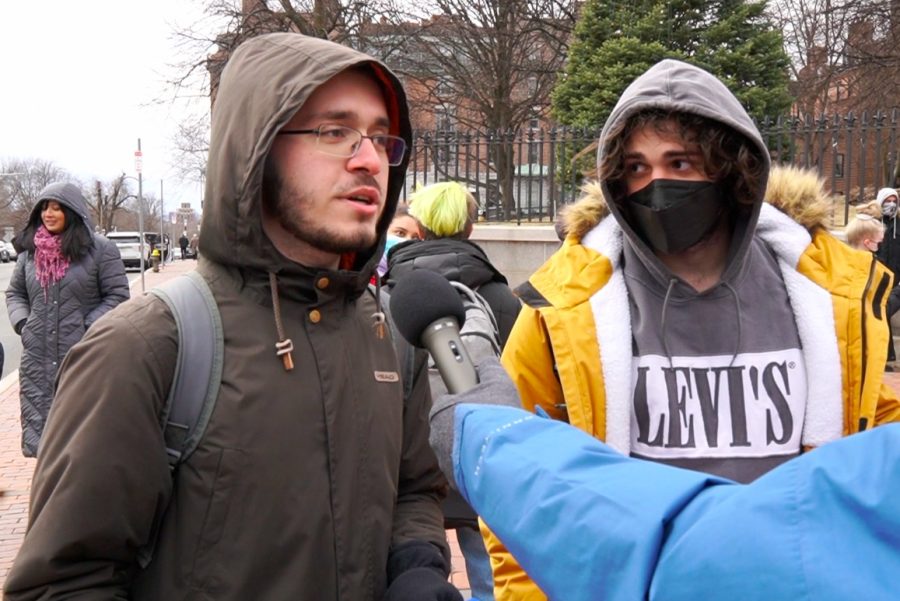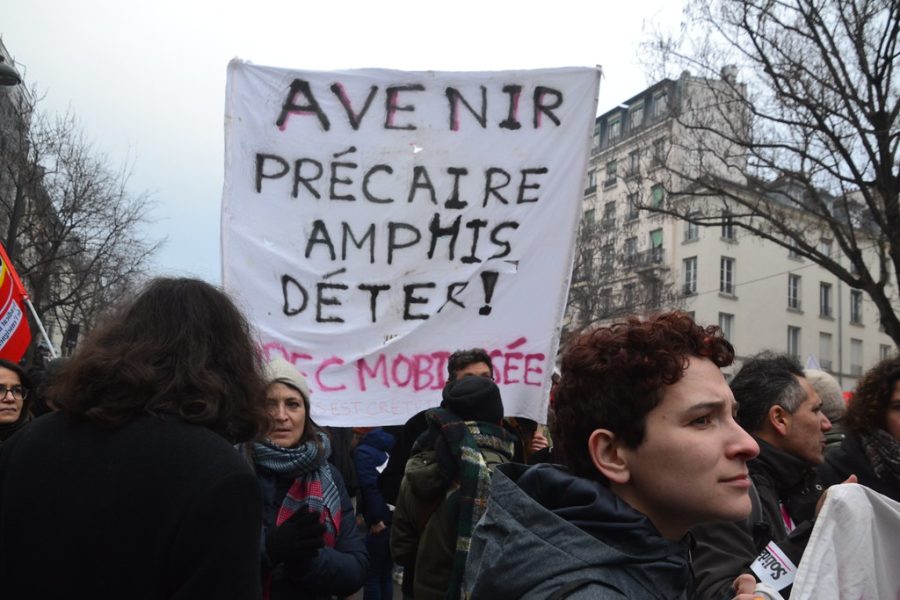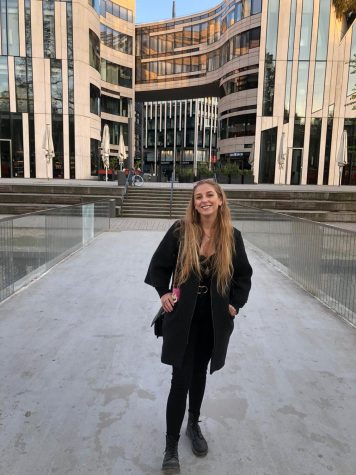In October 2022, German economics ministers Robert Habeck and Mona Neubauer signed an agreement with the energy company RWE to fast-track the end of coal mining to 2030, instead of 2038, as previously intended.
Half of what was planned will be extracted and five German towns will not have to make way for the open-pit coal mine as originally planned. The compromise mandates that the coal beneath the village of Lützerath will still be extracted and the town must be evicted.
Many people were dissatisfied with the agreement reached by the Green Party’s ministers. The type of coal mined in the area accounts for around 20% of Germany’s carbon emissions.
There has been debate over whether the coal beneath Lützerath is necessary for Germany’s energy security. According to the corporation and lawmakers, it is.
Climate activists, on the other hand, argue that coal isn’t truly necessary, citing research from universities. According to these analyses, even in the midst of the energy crisis, the coal in the existing mining region is sufficient. Many feel RWE is focusing on Lützerath largely because coal can be mined more quickly and profitably there.
Lützerath’s resettlement began in 2006, with the last people departing the community in 2022. Climate activists occupied the village in protest against coal extraction. They have barricaded themselves in houses and on tripods, in caravans and tents. They created their own tiny village, with a communal kitchen, social rooms and other amenities. When the authorities switched off the power in Lützerath, Greenpeace gave them solar panels so they could continue their protest.
Officially, RWE owns all buildings and land, and the stay at Lützerath has been prohibited by the government, thus the official eviction was carried out by the police, beginning Jan 11. Thousands gathered from all across Germany to protest in the village itself and surrounding areas. Some activists entered the open pit, while hundreds gathered on the quarry’s edge. Others held sit-ins, refused to leave their trees and prevented police from entering the town.
Two men dug a tunnel beneath the village and refused to leave. Greta Thunberg, the Swedish climate activist and founder of Fridays for Future, was also present. “As long as the carbon is still in the ground, this struggle is not over,” she said during her speech at the demonstration.
During the protests, there were several conflicts between demonstrators and police. The activists were mostly non-violent. In some instances, stones, Molotov cocktails, fireworks and bottles were thrown, according to the police.
According to activists, the atmosphere on the ground was tense and the police used tear gas and unreasonable violence against the largely peaceful people, resulting in multiple injuries, some severe.
The eviction was completed within five days. Most demonstrators have voluntarily left the site and traveled to other villages to continue their protests, still hoping to prevent the coal extraction.




